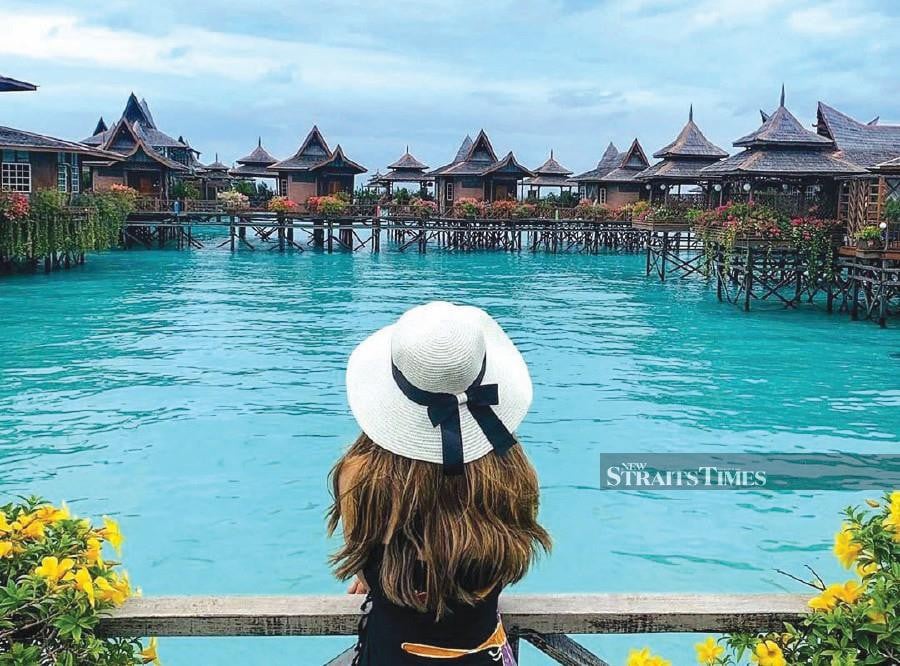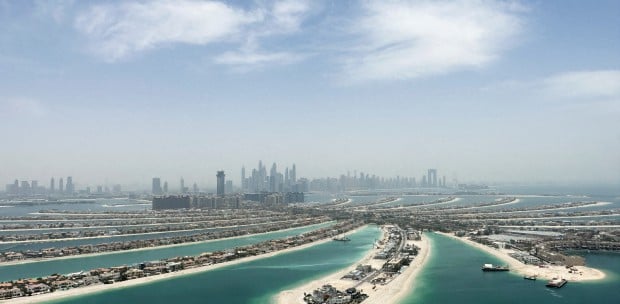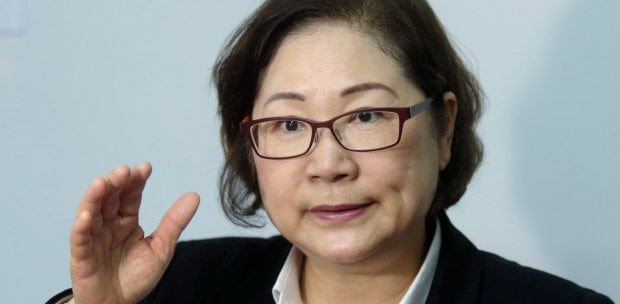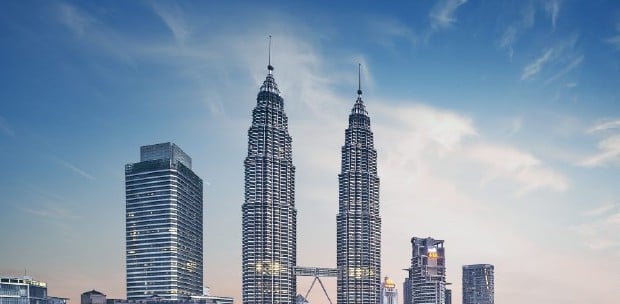KOTA KINABALU: Sabah must draw up strategies to attract high-value tourists instead of relying on budget travellers, said Sabah Parti Pribumi Bersatu Malaysia (Bersatu) women's chief, Rahimah Majid, today.
"It's crucial to convene brainstorming sessions with key stakeholders from the tourism industry to develop effective solutions for revitalising our lacklustre tourism sector post-pandemic," she said in a statement.
Rahimah highlighted the frequent complaints about poor hygiene and cleanliness at popular tourist spots.
She emphasised the need for maintenance of basic amenities and infrastructure at locations like Jesselton Point, Kota Kinabalu International Airport, and Mount Kinabalu.
"To attract high-end tourists, we must upgrade existing facilities and amenities at our tourist destinations so that they can fully enjoy our beautiful environment."
Rahimah, former chairman of the Malaysian Cocoa Board, said that several countries, including Bhutan, New Zealand and Thailand, had implemented policies to attract high-value tourists post-pandemic.
She said New Zealand's tourism minister's focus on attracting big-spending tourists over those who spent merely US$10 a day on two-minute noodles.
In 2020, the Caribbean Cayman Islands launched the Global Citizen Concierge Programme offering remote workers earning upwards of $100,000 per year a two-year visa for an annual fee of US$1,469.
Amid the pandemic, Fiji introduced "blue lanes" for yachters seeking refuge in paradise, primarily catering to billionaires.
The Thai government discouraged hotels and businesses from offering large discounts to tourists, instead emphasising the country's value as a premium travel destination.
Bhutan taxes tourists to protect its environment.
Rahimah suggested that Sabah could learn from the strategies implemented by these countries to enhance the value of its tourism industry.





